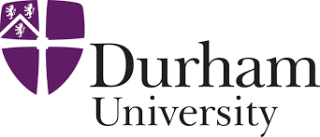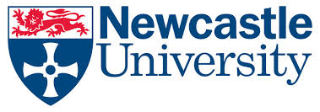How to engage
Most local councils are very accustomed to working with external partners. A council initiative might typically involve a community group or local charity, local businesses, social, cultural or sporting organisations, and local schools or universities, so councils are usually good at balancing different interests and managing relationships.
However, the key thing to remember is that local bodies are used to working in partnership, rather than having projects or research directed at them or being treated as end-users or beneficiaries: they will expect a degree of co-production and co-design. It’s important that you are flexible and open to working together. Doing so will likely improve your own research, as council officers and councillors have their own expertise, and have detailed knowledge of their own user groups and of their communities which may enhance the project.
David Pye from Digital Media @ Newcastle on Vimeo.
David Pye, Research Programme Manager at the Local Government Association, discusses how academics can work with local councils
As with working with central government policymakers, and the third sector, you’ll need to bear in mind:
- The differing objectives of academic projects and local body projects
- The different communication styles
- Different timeframes
Who to contact
As always, making contact is simply about calling or emailing the right person.
Identify the area or directorate your research issue falls under. Most council websites will provide this information. Councillors and council officer tend to work together more closely than in central government departments; there is not the same degree of separation as there is between the executive and the civil service.
However, as with trying to find someone in the civil service, you’ll notice that councillors can be contacted directly, while council officers’ details are not publicly available. Despite this, because of the relative small size of most councils compared to a central government department, it’s easier to be put in touch with the right officer. You can:
- Contact a councillor, who will usually be very happy to put you in touch with the relevant officer
- Call the council switchboard and ask to speak to someone in the relevant area/department
- Ask around your existing networks: universities are important local institutions, and it’s very likely someone in your university has contacts with the council. Research or research impact officers, public outreach officers, engagement officers/managers or your communications team are all good people to speak to for this.



